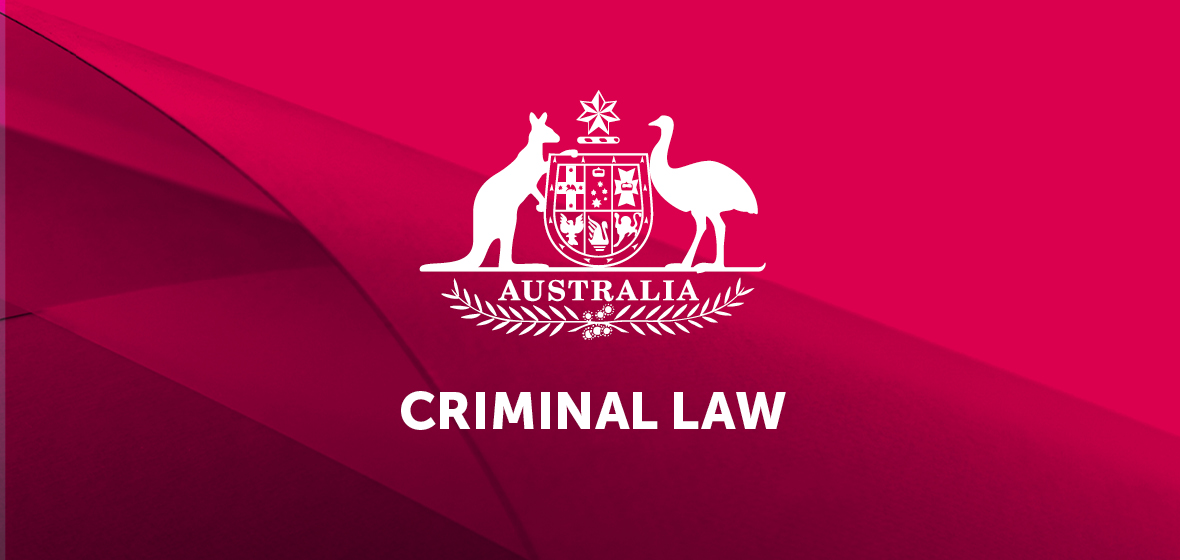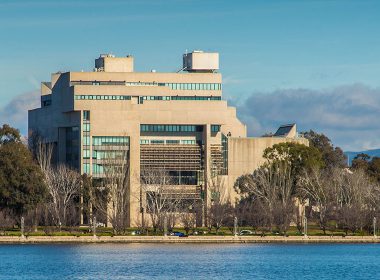Key decisions
- McKellar v DPP [2014] NSWSC 459
- Peiris v R [2014] NSWCCA 58
- KJS v R [2014] NSWCCA 27
McKellar v DPP [2014] NSWSC 459
In an appeal from the Local Court, the Supreme Court has confirmed the right of an accused person to appear by way of legal representative rather than physically in court. Lawyers and Magistrates everywhere can rejoice in the absence of all those defendants who just got in the way of work.
The appellant was charged with larceny. She did not attend court, but was represented. Having refused an adjournment application by her lawyer, the Magistrate dealt with her as though she was not present, pursuant to s196 of the Criminal Procedure Act 1986 (NSW).
On appeal (with the agreement of the Crown, who accepted error on the part of the Magistrate), Adamson J found that the combination of s3 and s36 of that Act meant that s196 (which allows a court to convict an accused in their absence) did not apply. Similarly, s38 did not require her personal attendance, and the consequence ought to have been that the Magistrate, having refused the adjournment application on behalf of the appellant, should have proceeded to hear the evidence on the hearing, rather than just convicting the accused as though she were not there.
Adamson J also went on to reduce the overflowing work of the Local Court somewhat by finding that, assuming the accused was not present and not represented (i.e. genuinely not there at all), s199(2) did not require a prosecutor to tender the brief – the Magistrate could have dealt with it on the basis of the CAN alone, subject to anything the prosecution sought to tender and anything the accused had put by way of written pleading.
Note that although this case deals with the physical absence of the accused where they are represented, there is no discussion of bail or its interplay with the above provisions. Nothing in the decision appears to detract from the proposition that an accused person who is bailed to appear on a particular date will still be required to (physically) appear unless a bail condition allows them to appear by way of legal representative.




